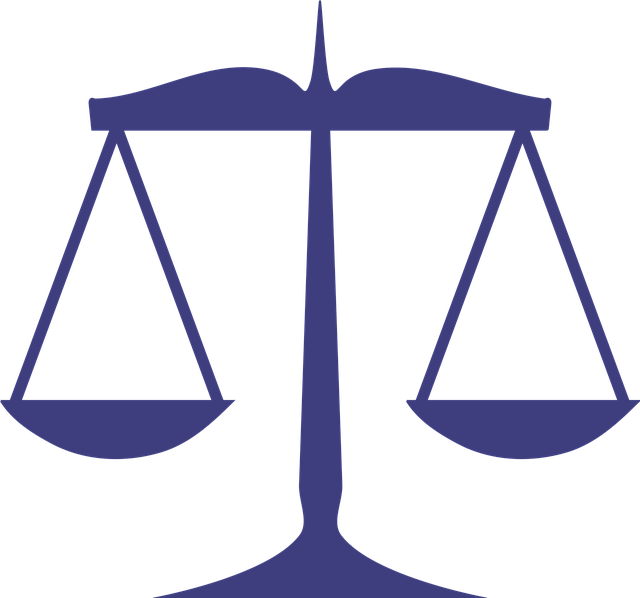Antitrust violations and environmental compliance cases pose significant risks to businesses, but proactive measures can mitigate penalties. Adhering to environmental regulations serves as a powerful shield against fines and enhances corporate reputation among philanthropic and political communities. For both companies and individuals, strategies include implementing robust internal controls, seeking legal advice, fostering a culture of sustainability, understanding rights and cooperating with authorities. Effective navigation of these cases requires vigilance, adherence to guidelines, and professional counsel for all parties involved in Avoiding Penalties in Environmental Compliance Cases.
Antitrust violation cases pose significant risks for businesses, with potential penalties impacting not just financial health but also market standing. Understanding common scenarios and their impacts is crucial for effective defense strategies. This article delves into environmental compliance as a robust defense tactic, offering insights on navigating penalties while exploring mitigation measures and legal implications. By adopting best practices in environmental stewardship, companies can fortify themselves against antitrust charges and avoid harsh penalties.
- Understanding Antitrust Violations: Common Scenarios and Impacts
- Environmental Compliance as a Defense Strategy
- Navigating Penalties: Mitigation Measures and Legal Implications
Understanding Antitrust Violations: Common Scenarios and Impacts
Antitrust violations occur when businesses engage in practices that restrict competition or stifle market growth. Common scenarios include price-fixing agreements, where companies collude to set prices, and market division, where competitors agree not to compete for certain customers or territories. These actions can have significant impacts on consumers and the overall economy by reducing choices and driving up costs.
Avoiding penalties in environmental compliance cases is a crucial aspect of corporate defense, often requiring expertise in white-collar defense strategies. While jury trials can be a part of this process, achieving extraordinary results often lies in proactive measures to ensure compliance and robust internal controls. Businesses must stay vigilant, as even seemingly minor infractions can lead to substantial fines and reputational damage.
Environmental Compliance as a Defense Strategy
In white-collar and economic crimes cases, particularly those involving antitrust violations, environmental compliance can serve as a robust defense strategy. Companies accused of antitrust issues often operate within complex regulatory landscapes, and demonstrating adherence to environmental regulations can mitigate penalties and enhance their legal stance. This proactive approach involves ensuring that business practices align with environmental protection standards, which not only averts direct penalties but also reflects positively on the company’s reputation among philanthropic and political communities.
By embracing thorough environmental compliance at all stages of the investigative and enforcement process, businesses can fortify themselves against potential antitrust charges. This strategy entails rigorous internal audits, adherence to stringent regulatory protocols, and fostering a corporate culture that prioritizes sustainability and legal integrity. Such proactive measures can turn a company’s environmental stewardship into a competitive advantage, enhancing its position in the market while strengthening its defense against legal scrutiny.
Navigating Penalties: Mitigation Measures and Legal Implications
Navigating Penalties: Mitigation Measures and Legal Implications
In antitrust violation cases, avoiding penalties is a critical aspect for both corporate and individual clients. The legal implications can be severe, including substantial fines, market restrictions, and even indictment. However, there are mitigation measures available to minimize these consequences. Companies should proactively assess their practices, implement compliance programs, and foster a culture of ethical conduct to avoid violating antitrust laws. By adopting robust internal controls, conducting regular training sessions, and seeking legal advice, businesses can significantly lower the risk of penalties.
For individual clients involved in such cases, understanding their rights and responsibilities is paramount. Cooperation with authorities, providing substantial evidence of good faith efforts, and demonstrating a lack of intent to violate antitrust laws can all contribute to avoiding indictment. It’s crucial for both corporate and individual clients to remain vigilant, adhere to legal guidelines, and seek professional counsel to navigate these complex penalties effectively and mitigate their respective business impacts.
In navigating antitrust violation cases, understanding common scenarios, employing environmental compliance as a robust defense strategy, and mitigating penalties are key steps. By adhering to legal guidelines and prioritizing ethical business practices, companies can minimize risks and avoid harsh penalties. Effective compliance measures not only safeguard against legal repercussions but also foster trust among stakeholders, ensuring long-term sustainability and success in an increasingly regulated global market. To mitigate risks further, staying informed about evolving antitrust regulations and seeking professional advice are essential for businesses aiming to stay ahead of the curve and avoid penalties in environmental compliance cases.






